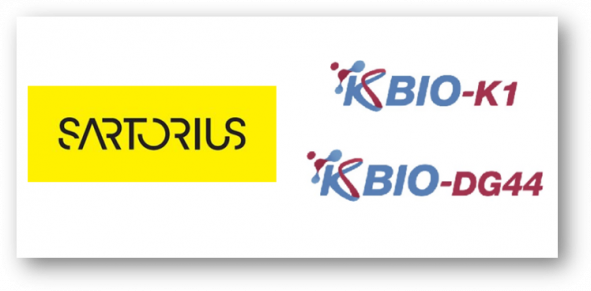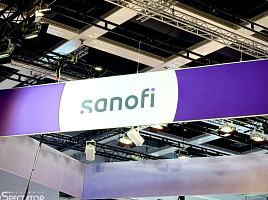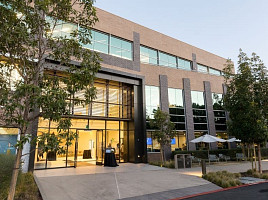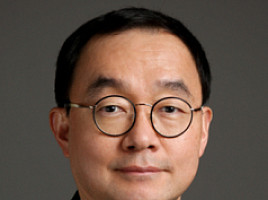기사본문
Sartorius Korea license Osong KBIO ‘CHO-K1’.."localizing cell line"
입력 2020-10-26 08:09 수정 2020-10-26 10:50
by Sungmin Kim

Sartorius Korea Biotech cooperates with Osong Medical Innovation Foundation, KBIO, to localize cell lines. Osong Medical Innovation Foundation, KBIO, announced on the 16th that it has completed the techonology transfer of its own cell line to Sartorius Korea Biotech.
Cell lines are cells that can be mass-cultured in vitro, and cell line development is the first button and platform technology for biopharmaceutical development. Until now, it was difficult to be self-sufficient with facilities and qualified cell lines suitable for regulation, so domestic bio companies have been relying on foreign cell lines with high licensing costs.
To overcome these limitations, the Osong Foundation completed the development of cell lines through the infrastructure technology construction project and completed patent applications for trademarks 'KBIO-K1' and 'KBIO-DG44' in March this year.
The cell line developed by the Osong Foundation is a serum-free medium and was prepared as a master cell bank (MCB)/manufacturer’s working cell bank (WCB) by improving the growth potential after afforestation and stability check. In addition, the Osong Foundation has obtained a total of 13 certificates (Certificate of Analysis) that prove their effectiveness by completing the verification of identity (purity, etc.) that can verify safety from sources of contamination, such as process contamination and foreign viruses, in accordance with the ICH (National Drug Regulatory Harmonization Committee) guidelines from the U.S. Food and Drug Administration (FDA).
Sartorius Korea Biotech, headquartered in Goettingen, Germany, is a company that provides high-quality solutions such as various devices, consumables, equipment and services needed to produce bio-medicine to domestic and foreign bio markets. It has drawn new investments worth 10 billion won this year and has completed the expansion of CRO) at the level of GLP(Good Laboratory Practice and GMP (Good Manufacturing Practice) in South Korea.
Based on this, Satorius Korea Biotech has prepared to mass-produce Master Cell Banking (MCB) and Working Cell Banking (WCB) using KBIO-K1 and to provide Cell Line Development services as well as Host Cells.
In addition, Sartorius Korea Biotech has developed the integrated services ranging from research cell banking (RCB), cell culture media, vector optimization, cell-based assay, production process development, validation based on the technology of Cella Service (based on CHO DG44) through advanced work with the Cell Culture Technology Center (Ulm in Germany). The company announced that it plans to provide this integrated service to customers around the world in preparation for new drug development through the global network (Satorius Group) under reasonable conditions.
Deok-Sang Kim, CEO of Sartorius Korea Biotech, said, “The mutual joint development agreement and technology transfer agreement between the two companies will be an opportunity to contribute to the growth of the domestic biopharmaceutical market, reduce foreign currency outflow, and promote K Bio’s excellent technology to the world.”
Park Gu-seon, chairman of the Osong Foundation, said, “We have localized technology that has been dependent on overseas by building a cell line system that satisfies the licensing requirements. It will be able to reduce development costs and accelerate the development of innovative new drugs by supporting domestic companies that are having difficulties in developing cell lines.”







